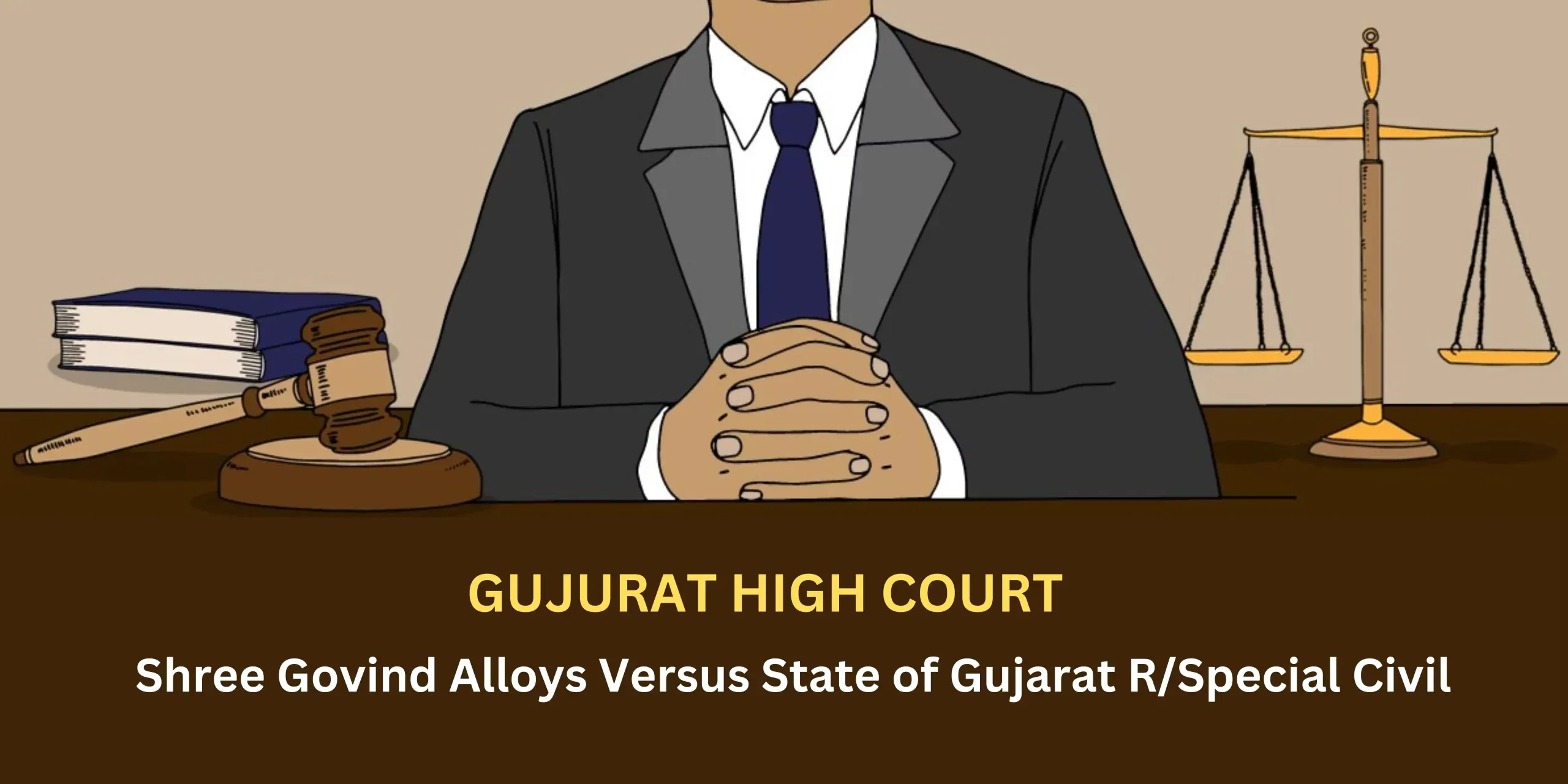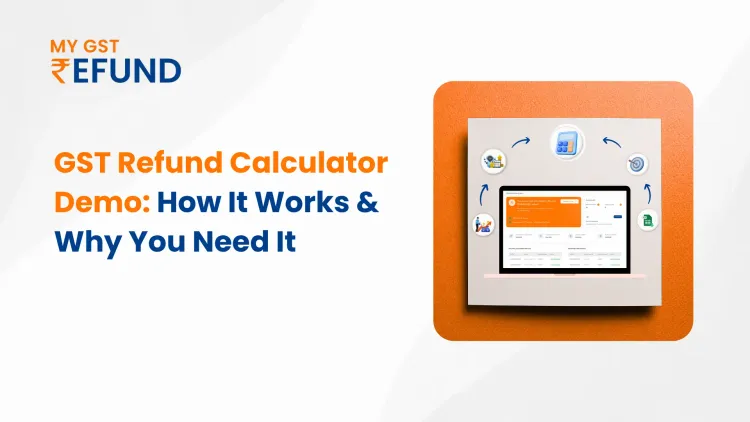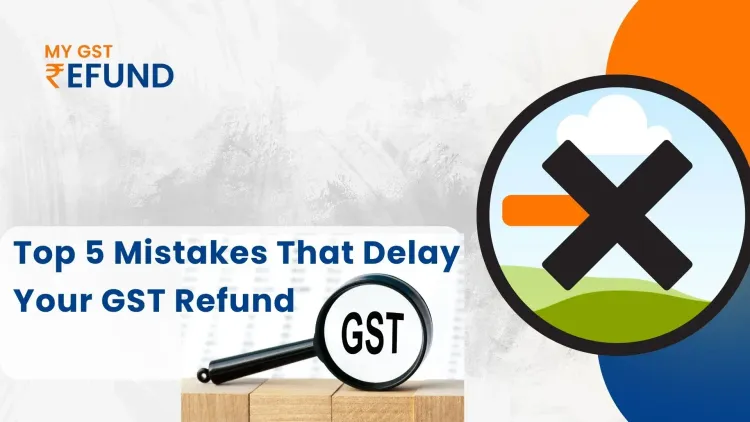Decoding the Judgement of the case of Shree Govind Alloys Versus State of Gujarat R/Special
Published on: Tue Feb 14 2023
Facts
M/s. Shree Govind Alloys Pvt. Ltd. (“the Petitioner”) prepared an e-way bill and engaged a carrier to move the items. Unfortunately, the vehicle was not operable, which prevented the shipment of goods that might have arrived at its destination on October 17, 2022. The GST Authority (“the Authority”) stopped the vehicle on October 19, 2022, while it was in motion, and upon inspection, discovered that the e-way bill had expired 41 hours prior to the scheduled start time. In accordance with Section 129(3) of the Central Items and Services Tax Act of 2017, the Authority confiscated the vehicle and the associated goods and issued a detention order and a notice (” the CGST Act”). The Authority issued an order (the “Order”) on November 4, 2022, requesting payment of tax and penalties. The Petitioner filed a Special Civil Application before the High Court after being upset by the Authority’s Order.
Issue before the court
Whether GST Authority can detain and seize transport vehicles along with goods in case e-way bill expires during the course of transit?
Relevant provisions:
The proper officer detaining or seizing goods or conveyance shall issue a notice within seven days of such detention or seizure, specifying the penalty payable, and thereafter, pass an order within a period of seven days from the date of service of such notice, for payment of penalty under clause (a) or clause (b) of sub-section (1)
Information is to be furnished prior to commencement of movement of goods and generation of e-way bill.-
(1) Every registered person who causes movement of goods of consignment value exceeding fifty thousand rupees-
(i) in relation to a supply; or
(ii) for reasons other than supply; or
(iii) due to inward supply from an unregistered person,
shall, before commencement of such movement, furnish information relating to the said goods as specified in Part A of FORM GST EWB-01, electronically, on the common portal along with such other information as may be required on the common portal and a unique number will be generated on the said portal.
Held by the court
Seizure is not allowed if the e-way bill expires during the journey, as determined in the case of Govind Tobacco Manufacturing Co. vs. State of U.P. [Writ Tax No 600 of 2022] decided on May 17, 2022.
Additionally, it was decided in the case of M/s. Daya Shaker Singh v. State of Madhya Pradesh [W.P. No. 12324 of 2022] dated August 10, 2022, that detention was not permitted where the respondent could not prove any element of tax evasion with fraudulent purpose or carelessness on the side of the petitioner.
The order issued by the GST Authority on November 4, 2022, the detention order issued on October 19, 2022, and the notice issued under Section 129(3) of the CGST Act were all annulled by the High Court on the basis of the aforementioned rulings.
Analysis
By its order dated 01.12.2022 in the case of Shree Govind Alloys Pvt. Ltd. vs. State of Gujarat in R/Special Civil Application No. 23835 of 2022, the Hon’ble High Court of Gujarat held that the detention of goods due to the expiration of an E-way Bill during transit could not be a justification for the detention and seizure of goods along with a vehicle under Section 129.
The petitioner filed a writ petition with the Hon’ble High Court asking for the order dated November 4, 2022, which was issued under Section 129(3) of the CGST Act, 2017 to be quashed because it questioned the respondent’s authority to demand the amount of Rs. 7,53,364 as a demand of tax and penalty. The order of detention made on October 19, 2022 under Section 129(1) of the Act read with Section 20 of the IGST Act, 2017 and the notice issued on the same day under Section 129 were also urged to be quashed and set aside. Additionally, instructions were requested for the respondents to release the products and the contested vehicle, which has the number GJ-12BW-8082, as well as to offer temporary relief by directing the release of the items subject to any conditions.
On behalf of the petitioner, it was claimed that the truck had continued to be in non-driveable condition, preventing the delivery of goods that were supposed to be made on or before October 17, 2022. On October 19, 2022, the officer conducting the inspection learned that the E-way Bill had expired, and as a result, he seized the entire truck and the contested goods. The petitioner was sent GST Form MOV Nos. 1, 2, 6, and 7, where he was asked to show up, and ultimately the ruling dated November 4, 2022 was made, requiring the payment of the tax and penalty.
In contrast, it was claimed on behalf of the responding authority that items with an invoice value of Rs. 24,69,358/- and Conveyance No. GJ-12-BW-8082 were held since the E-Way bill had already expired 41 hours prior to the time of interception. The time between the validity of the E-Way bill running out and the moment of the interception was also not supported, and the conveyance driver provided no explanation. The claimed excuse for not updating the E-Way law was not convincing.
According to the division bench of Justice Sonia Gokani and Justice Mauna M. Bhatt, the reason for the arrest and seizure of M.S. Billet, along with a vehicle, was not related to the products since the GST e-way bill number had expired while the items were in transit.
The taxpayer or applicant has questioned the respondent’s or department’s jurisdiction according to Section 129(3) of the Central Goods and Services Tax Act, 2017, and has requested the amount of Rs. 7,53,364 as a demand for tax and penalty.
The applicant’s truck was abandoned in a non-motorable state, thus the products that were delivered on or before October 17, 2022, could not be delivered on time. Due to the e-way bill number having expired, the officer would have noticed it during the search on October 19, 2022, and the whole truck with its contents would have been impounded. The applicant has received GST Form MOV Nos. 1, 2, 6, and 7, which call for his presence and issue an order for payment of the tax and penalty.
The detention of the items, which had an invoice value of Rs. 24, 69,358, together with the transportation, was justified, according to the council, by the fact that the e-way bill would have expired 41 hours before the period of the intercept. There is no rationale provided by the conveyance’s driver, and the period between the e-way bill’s validity expiring and the moment it was intercepted does not match. There would be no valid excuse given for the e-way bill not being updated.
The department’s proof before the court established no intention of tax evasion with a fraudulent purpose or carelessness on the side of the applicant. The e-way law was forced to expire in approximately four and a half hours as a result of the delay. The same was shown to be genuine, with no ill intention.
Are you Looking for GST Refund Service? Mygstrefund.com offers GST refunds on business, exports, and many more if your GST application is rejected. Get in touch with us today.
Related Posts





